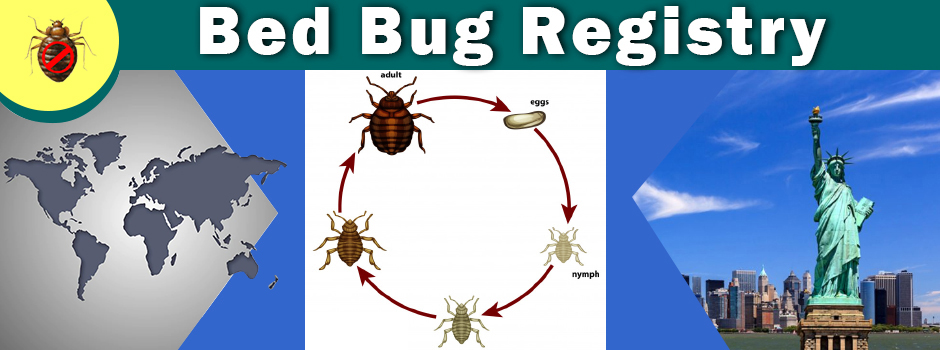Bedbugs in Winnipeg are an increasing problem. This is an interesting article byBartley Kives of the Winnipeg Free Press (fun fact my own great grandfather was once the editor of the Winnipeg Free Press) about a proposed change in how bedbugs are defined. It is suggested that bedbugs should be considered a parasitic insect. By defining bedbugs as a public health issue, more funding would be available to combat the problem.
Bedbugs should be considered a public-health threat even though the parasites dont transmit disease, argues a group of national experts that includes Winnipeg entomologist Taz Stuart and University of Manitoba sociologist Prof. Elizabeth Comack.
Canadian cities could wind up with more tools at their disposal to curb the spread of the blood-sucking insects especially among disadvantaged inner-city residents by defining the bedbug problem as a health issue, the Winnipeggers write in an academic paper co-authored with physicians and environmental-health experts from Vancouver, Toronto and Montreal.
Because bedbugs have not been proven to transmit disease between humans, there is resistance to framing their resurgence as a public-health threat, write the seven co-authors of a paper that appeared in the November/December 2012 edition of the Canadian Journal of Public Health.
We make the case that framing the bedbug problem as a public-health threat is key to the implementation of effective strategies to its management especially for vulnerable populations.
As recently as 15 years ago, bedbugs were all but unknown in North America. But an increase in global travel and the phase-out of certain pesticides contributed to a meteoric rise in infestations over the past decade.
Although the small, elusive insects dont spread disease between people, they are associated with negative health effects such as allergic reactions, bacterial skin infections and scarring as a result of the intense scratching they provoke, say the authors of the paper. People exposed to the pesticides used to kill bedbugs are also at greater risk of chronic disease.
More significantly, bedbug infestations are associated with mental-health issues such as depression, loss of appetite, insomnia, social isolation and/or hypervigilance, which together can lead to severe sleep deprivation and ultimately other physiological and neurocognitive health effects, says a separate paper co-authored by Stuart in the January 2013 edition of Environmental Health Review.
While bedbugs can be found anywhere luxury hotels and upscale homes have been treated for the insects people living in multi-family housing with a high rate of turnover are at the greatest risk. Experiences fighting bedbugs in Toronto, Montreal, Vancouver, and Winnipeg suggest a co-ordinated approach to inspecting properties, treating infestations and preventing further spread works best under the aegis of public-health authorities, write the authors of the Canadian Journal of Public Health paper.
While redefining the nature of the bedbug threat might sound esoteric, such a move could enable legislation to back up existing efforts to inspect properties, conduct treatments and engage in public-education campaigns. But the move could also place a greater onus on provincial and federal health authorities, all of whom are reluctant to take on more responsibilities.
Read more here:
New Label for Bedbugs Proposed | Canada Bedbugs

 Residence
Residence  Location
Location 










